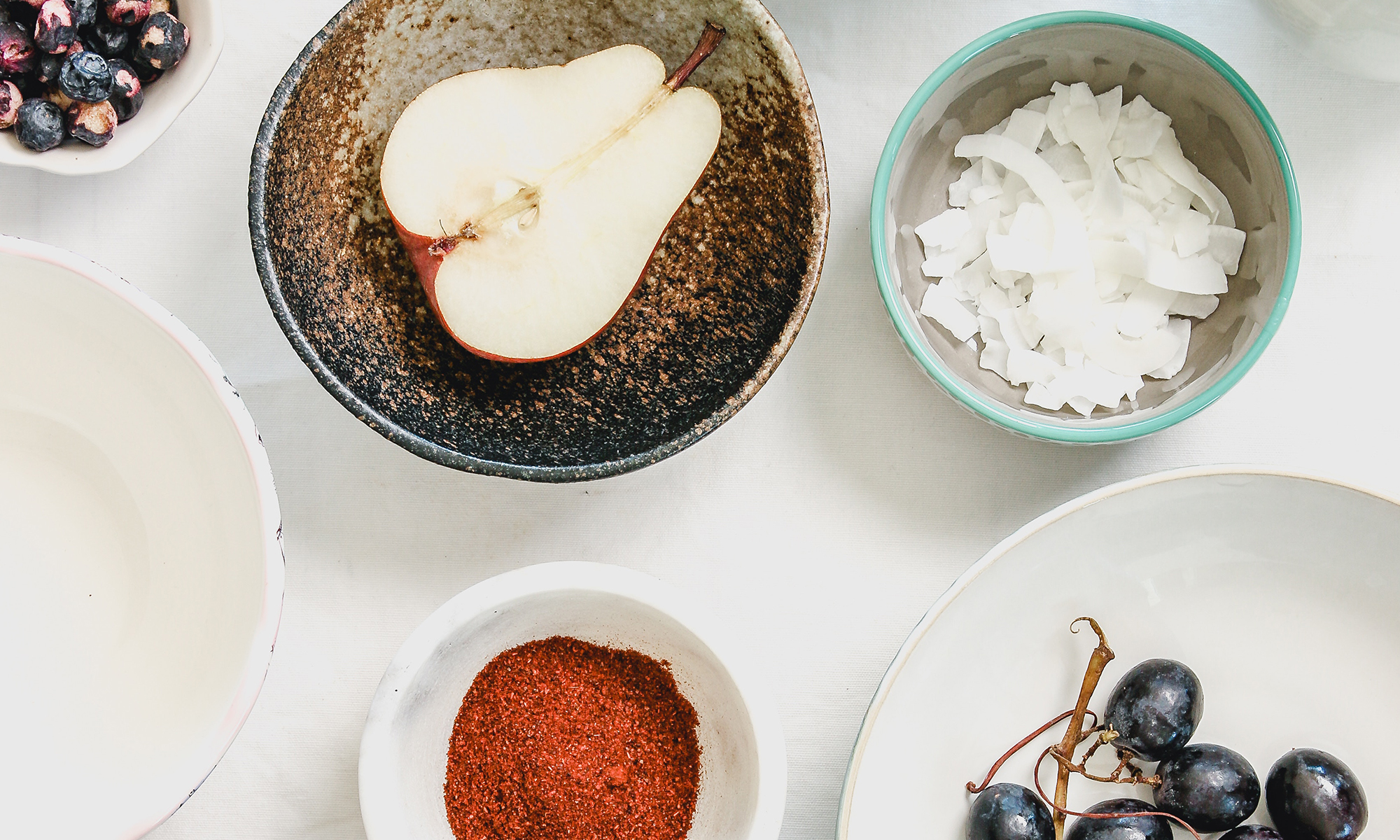There are three big reasons why Even’ Star Farm’s produce is superior to its competitors. Since it’s organic, we know that it has not been grown with synthetic pesticides or artificial fertilizers. This does not necessarily enhance the flavor, but it protects the environment and our natural resources. More importantly, because they sell only to local markets, the produce is able to ripen on the vine instead of in the back of a truck. The produce develops sweeter flavors and better texture. Most importantly, though, is how farmer Brett protects his gene line of seeds.
When I start my garden in the summer, I purchase seeds and seedlings from random suppliers. I still have the advantage of growing all-natural and fully ripening on the vine, but am beholden to their quality control.
Seed management is a rather straightforward process. For every crop, you save the most flavorful, hearty plants and harvest the seeds for the following year’s crop. The sheer volume of seeds necessary for production farm like Even’ Star means that one person could work solely on this project, and work full time. Further, the seeds are harvested when the farm is in peak production – essentially doubling an already full workload. In the midst of harvesting tomatoes, okra, eggplant and watermelon, the crew generates hundreds of pounds of seed!
Each crop has different criteria for ideal. For the ancho chilies, it’s the size, shape (perfect conical) and color (evenly red ripe). Meredith, who was charged this week with harvesting the breeders, had to taste each pepper to make sure the heat level was appropriate. Brett wanted just the slightest hint of spice. For the arugula, the seeds are saved from the hardiest plants that survive cold, frost and wind. The peachy mama’s which have an obscenely long maturation time, are bred to shorten that span. The tomato seeds are selected from the healthiest, disease-resistant plants. After several years of picking the best seeds, the gene lines get better and better. So good in fact, that Brett sells his seeds to Fedco in Waterville, ME – a national, highly regarded seed supplier. Even’ Star seeds sell for 4 times more than the equivalent “generic” variety.
You may recall that earlier this season, I harvested some of my broccoli raab seed for Brett. Because the raab had “wintered-over”, that is, it re-grew after being buried for 5 months under a blanket of snow and ice. Should Brett be able to grow raab from this seed, the plants will be more tolerant of cold weather.
To keep the workers/crew happy through all this work, I usually make them special lunches when I visit. One of their perennial favorites is arepas. The corn comes from Alan Sivak, whose farm is just 2 miles down the road.
Arepas with Tomatillo Salsa
1 – 1 lb. bag hominy
4 ears corn
1 tbs. chopped garlic
4 scallions, chopped
2 tbs. chopped cilantro *or more
1 – 2 cups grated jack cheese
3 tbs. butter
salt and pepper
plain oil
3 green tomatoes or tomatillos, finely diced
1 red pepper, finely diced
1 onion, finely diced
1 tsp. Tabasco (or more to taste)
1 smoked tomatoes, chopped
1 tbs. lime juice
3 scallions, thinly sliced
2 tbs. chopped cilantro
salt and pepper to taste
1. Cook hominy according to package directions.
2. Heat a large skillet. Melt butter. Add the corn, then the garlic. Cook over medium heat until the corn begins to roast and brown.
3. Drain hominy. Grind with a medium hole. Grind corn and garlic mixture as well.
4. Mix in by hand the jack cheese, scallion and cilantro. Season to taste with salt and pepper.
5. Form patties with dough. Pan fry in plain oil until crispy on both sides.
